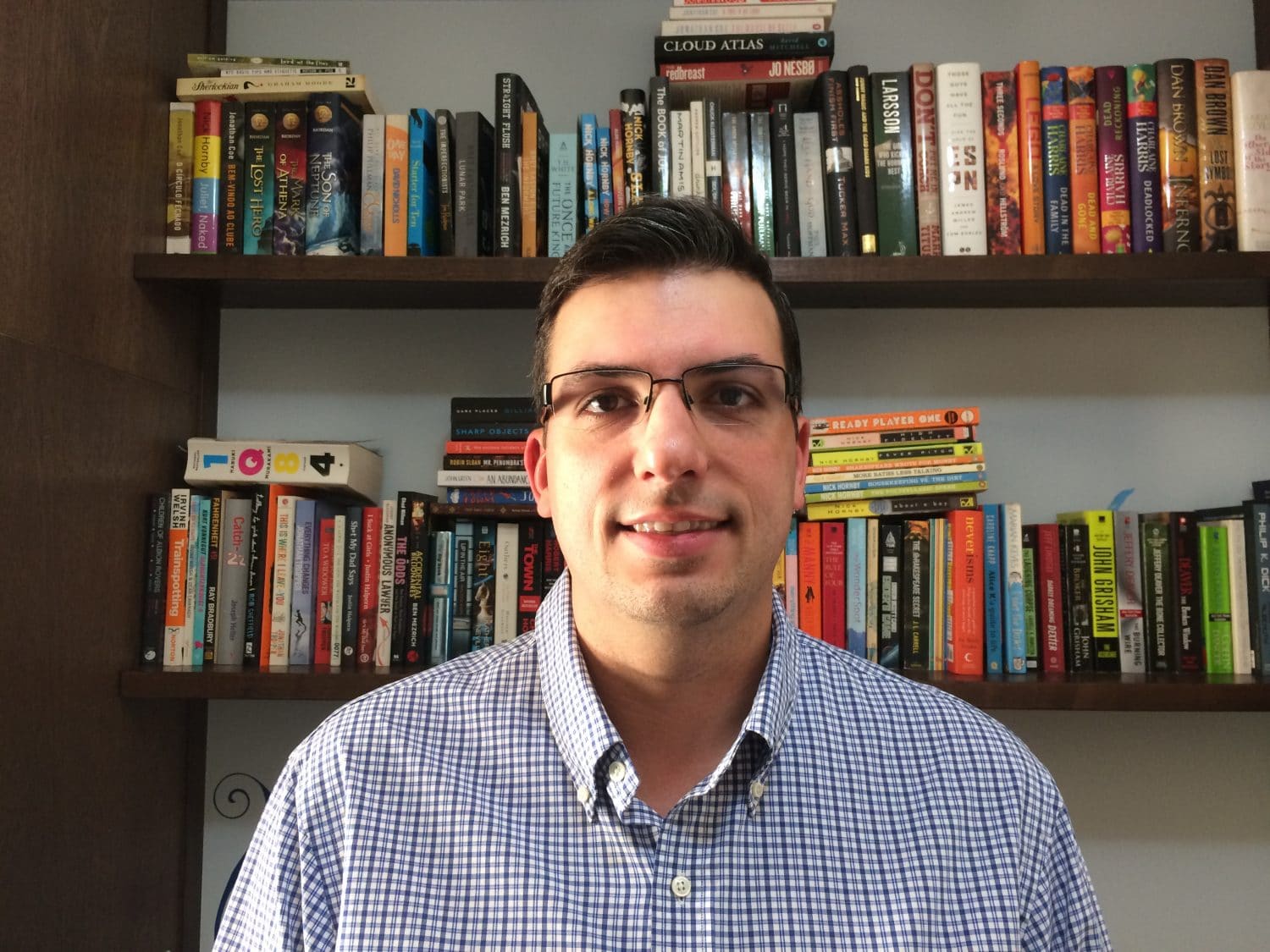Taking the plunge: life as a freelancer.
It’s been almost two years now since I last had a ‘carteira assinada’. If I’m being totally honest, I don’t think I would have guessed this is where my career would have taken me. Back when I was in high school (and before I decided to become a teacher) I always saw myself working for a big multinational company. When I got my first job as a teacher, in my last semester at university, my goal was to end up in a job in a big language institute and have a long and successful career there.
Now, thinking about these things as an adolescent and then as a novice teacher and going through them are very different things. So, early last year I quit my job as a coordinator in a big language school to try to become a Celta tutor (which you can read more about here).
This is what I call taking the plunge. Life as a freelancer is full of uncertainties. When I quit my job I wasn’t sure I was going to find someone to train me. And truly, things haven’t changed much now that I am a Celta tutor. For instance, I got an offer to work in a course in January, but the centre could only guarantee the contract as long as they got 14 of more candidates. On the one hand, if I accepted that, I would have to commit to something that I wasn’t sure would pan out. On the other hand, if I said no, I’d need to look for some other revenue source to make up for it. That’s very different from having paid holidays in January, after getting a ‘décimo terceiro’ in December.
Nowadays, the money I make as a freelancer comes from the Celta, other teacher training jobs and private students. As any teacher knows, private students come and go, and that only adds to the uncertainty. (By the way, if you are a private teacher, I do recommend joining this facebook group created by Cecilia Nobre).
Being a freelancer also means working a lot. There are 52 weeks in a year, and in 2016 I worked in 51 of them. My only week off was between Christmas and New Year’s Eve. Naturally, I don’t mean to say I worked every day of every one of those weeks. Could I have taken a full month of at any time? Sure I could, but that would likely mean not getting paid, which isn’t the great. Being organized and money-savvy is always important, but even more so when you are a freelancer.
But, Ricardo, you may ask, what are the advantages of being a freelancer?
Well, I have never been happier with my job. I only work with students, schools, companies and courses I want to. I choose my own materials and am free to talk about topics that interest me. I have a lot of flexibility and that allows me to pursue other projects, such as becoming an advisory council member for BRAZ-TESOL. I make good money without getting home frustrated by what I have been told to do.
I’m well aware that being a freelancer is not for everyone and it may well be the case that I’ll change my mind in the future, but taking the plunge was definitely worth it for me. Do you think it might be for you as well?
Thanks for reading




